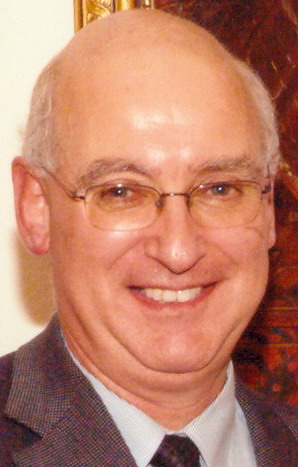Mike Coote, Chairman of the local charity Assisting Berkshire Children to read (ABC to read) has just returned from a second visit to Ethiopia where he worked with the aid agency CAFOD on projects which aim to improve the lives of people in poor rural areas.
Mike, a 61 year old grandfather of 8 from Farnham Common, said: “I saw many people whose lives have been transformed by the construction of water conservation techniques that give them access to clean drinking water near their homes and a more regular supply of water for the irrigation of a wide range of crops. They are learning rapidly which crops to grow and where to sell them in order to maximise their income.”
In Dire Dawa in the east of the country, Mike worked with one of CAFOD’s local partners on a plan to develop a market for locally produced tomato paste and sauce, designed for local tastes. This will increase the demand for the tomato crop which has increased significantly since the introduction of a water conservation system.
Returning to Tigray in the north of the country which he visited last November Mike saw that water conserved since the last major rainy season nine months ago was still available for drinking and irrigation. Mike said: ”I met a woman who, before the project managed by CAFOD’s partner REST (Relief Society of Tigray), had to walk and queue for 5 hours each day to obtain water from an algae infested pond. She told me how, one day, another woman had given birth whilst waiting in the queue – imagine that!”
Around a third of Ethiopians now have access to nearby drinking water, a huge increase from the almost negligible figures of 15 years ago. ‘This is very good progress, made by the Ethiopian Government and by aid agencies like CAFOD with their Ethiopian partner organisations’, said Mike, ‘but of course it also means that about two thirds of the population is still waiting for what we in Berkshire take for granted’
Mike now plans to write another book about his experiences in Ethiopia, telling the stories of many of the people he met during his time in the country.


